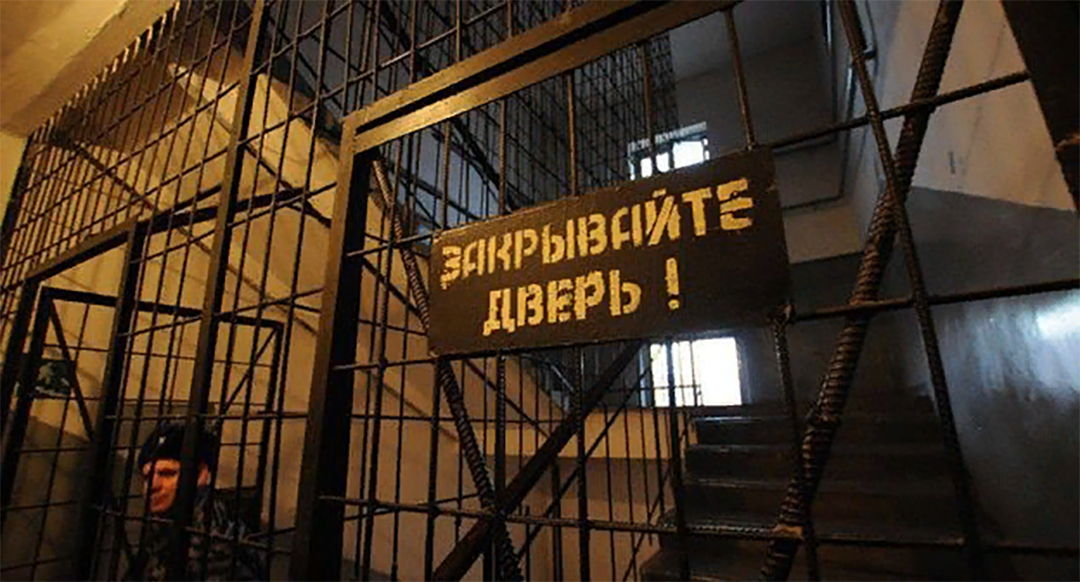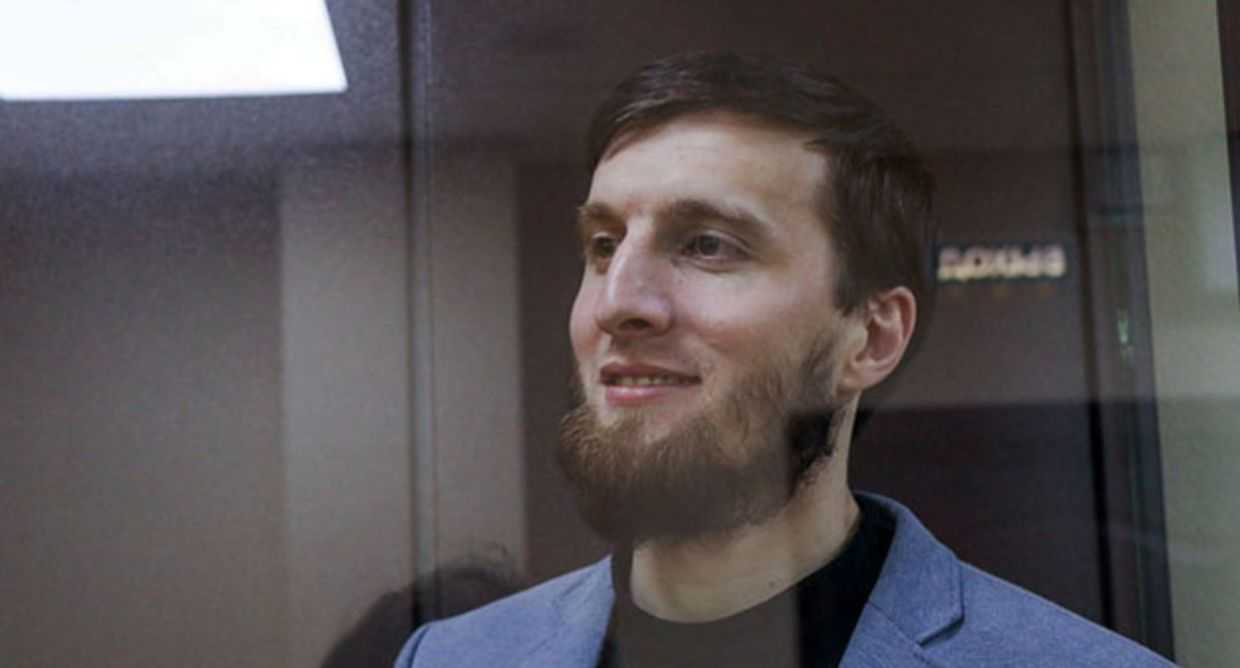

Officials at a detention centre in the Russian republic of Kabardino-Balkaria have denied access to lawyers to three activists detained after March protests in Magas. The activists from the neighbouring republic of Ingushetia were fighting against a land deal between Ingushetia and Chechnya.
On 2 October, lawyers Fatima Urusova and Magomed Bekov were prevented from visiting Ingush activist Zarifa Sautiyeva.
Urusova told OC Media that according to the staff of the detention centre in Kabardino-Balkaria’s capital, Nalchik, their names were not on the list of approved visitors.
She said this had been ordered by the head of the investigation into the Ingush activists, Yevgeny Naryzhny.
On 7 October, news site DOSH reported that activists Barakh Chemurzyiev and Dzhokhar Aliyev had also been deprived of communication with their lawyers by order of Naryzhny.
The three are among over 40 participants of the 27 March protests in the capital of the Russian Republic of Ingushetia, Magas, who are being held in detention centres in Nalchik and Vladikavkaz. They are accused of making calls for riots and violence against government officials.
The case has become known as the ‘Ingush Bolotnaya Case’, after the prosecutions of protesters from a large demonstration in 2012 on Moscow’s Bolotnaya Square.
The main demands of the protesters in Ingushetia was the resignation of then–head of Ingushetia, Yunus-Bek Yevkurov, and the cancellation of the border agreement with Chechnya signed on 26 September 2018.
[Read on OC Media: Ingushetia’s head to step down after eight months of turmoil]
Under the widely unpopular deal signed by Yevkurov and his Chechen counterpart Ramzan Kadyrov, Ingushetia handed around 340 square kilometres (9% of its territory) to Chechnya.
‘Violations have long ago become a part of the practice of the investigation’
Urusova told OC Media that the investigation would use every opportunity to isolate the detainees from their lawyers and relatives. According to her, investigators repeatedly transported detained activists to different cities without notifying relatives.
She said that this had ‘long been included in the practice of the investigating authorities of Kabardino-Balkaria’, and that transferring prisoners without notifying relatives ‘is a flagrant violation of the law’.
She said she had defended Zarifa Sautiyeva since the very beginning of the process against Ingush activists but was now defending two other activists instead.
‘This was the pretext for preventing me from visiting Zarifa, although, according to the Code of Criminal Procedure of Russia, any lawyer has the right to meet with detainees when providing a certificate and a warrant for seeing a person’, she said.
One of Sautiyeva’s current lawyers, Magomed Bekov, told OC Media that he had also been prevented from meeting his client in detention.
‘Upon arrival at the Yessentuki pre-trial detention centre, I presented my identity card to an employee of the detention centre, but he told me that without a warrant being issued in the name of the investigator, they would not allow me to see my client’, he said, adding that the detention centre employee referred to an order by Naryzhny.
‘I managed to talk to her only directly in the courtroom. After the session, at which Zarifa’s detention term was extended until 11 December 2019, she was transferred back to Nalchik.’
Kyazim Atabiyev, who is defending two other Ingush activists, told OC Media that he had also encountered similar violations.
‘This is done on purpose, for a variety of tactical reasons, and not one supervisory authority effectively responds to these violations of the law by law enforcement authorities themselves’, Atabiyev said.
According to him, employees of the pre-trial detention centre were violating Russia’s law ‘On Detention’, which says that ‘the defendant is given meetings with the lawyer for an unlimited time, within working hours — and without restrictions on the number of visits’.
He said that another lawyer, Vadim Klyuvgant, had also been prevented from visiting his clients in the Nalchik pre-trial detention centre.







